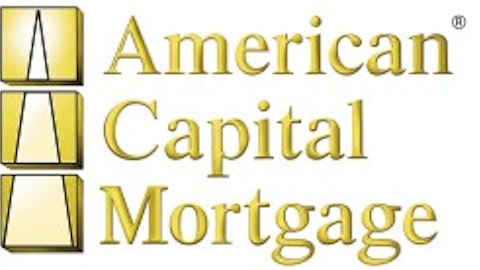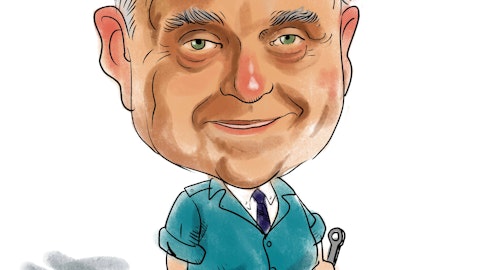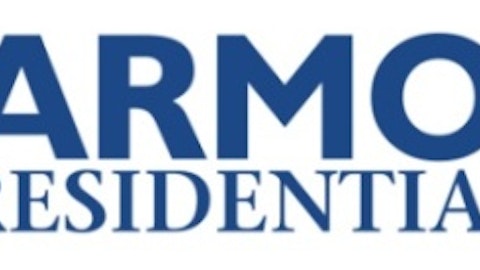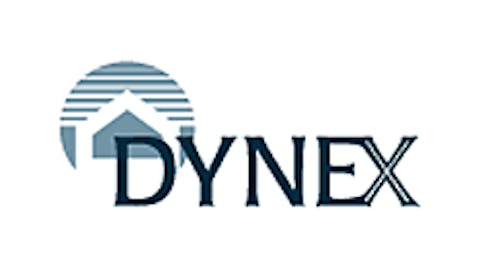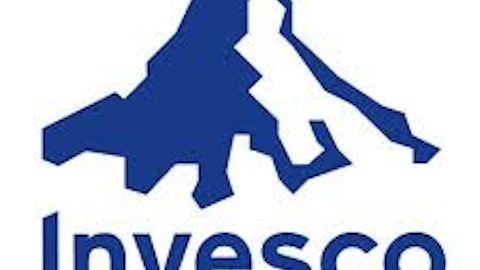A few weeks ago I wrote an article, Two REITs for Your IRA.
That article explains how REITs work and why you should consider investing in REITs.
Since penning that article, I have done a lot of research on REITs. And after starting with well over 100 REITs, I narrowed that list down to ten.
Then I selected four of those to use in this article.
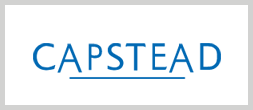
Capstead Mortgage Corporation (NYSE:CMO) operates as a self-managed REIT. The company earns income from investing in a leveraged portfolio of residential mortgage pass-through securities consisting almost entirely of adjustable-rate mortgage or ARM securities issued and guaranteed by government-sponsored enterprises, either Fannie Mae or Freddie Mac or GSEs, or by an agency of the federal government, Governmental National Mortgage Association. Because they are agency-guaranteed mortgage securities, they are presumably AAA rated. That means that they have limited, if any, credit risk. Capstead believes that this strategy will produce attractive risk-adjusted returns over the long term because credit risk is essentially eliminated and interest rate risk (sensitivity to interest rates) is significantly reduced. All factors considered, I like the fact that Capstead trades at a P/E multiple of around 8, has a low beta of less than 0.6, a healthy financial condition, a solid dividend yield of around 10%, and potential for share price appreciation. My concerns, on the other hand, are twofold: declining operating margins and slowing revenue and earnings. Overall, however, I feel that Capstead presents an attractive investment opportunity.
Dynex Capital Inc (NYSE:DX)
Dynex Capital Inc (NYSE:DX) is a specialty finance company organized as a REIT. This company invests in mortgage loans and securities on a leveraged basis. Dynex invests in residential mortgage-backed securities, or MBS, issued or guaranteed by a federally chartered corporation or an agency of the U.S. government. Furthermore, Dynex has also invested in securitized residential and commercial mortgage loans, non-agency mortgage-backed securities, or non-Agency MBS, and, through a joint venture, commercial mortgage-backed securities (CMBS). Dynex makes a profit when the interest earned on its investments is more than the cost of financing those investments. And to increase the yield on its invested capital, Dynex Capital Inc (NYSE:DX) uses leverage. On the positive side, Dynex Capital Inc (NYSE:DX)trades at a P/E multiple of less than 8, has a dividend yield of approximately 11%, and its operating margins are improving. On the downside, this company has a high price to cash flow ratio and uses leverage to increase yield. All in all, though, this company also presents an attractive investment opportunity.
Invesco Mortgage Capital Inc (NYSE:IVR)l
Invesco Mortgage Capital Inc (NYSE:IVR) is a REIT that acquires, finances, and manages residential and commercial mortgage-backed securities and mortgage loans. Similar to other REITs, this company invests in residential mortgage-backed securities (Agency RMBS) for which a U.S. Government agency guarantees payments of principal and interest on the securities. But Invesco apparently also invests in residential mortgage-backed securities that are not issued or guaranteed by a U.S. Government agency. The company’s objective is to provide attractive returns to shareholders through dividends and modest share price appreciation. To achieve this goal, Invesco aims to create an investment portfolio that will deliver attractive returns across different market conditions. On one hand, I like the fact that Invesco trades at a P/E multiple of around 7, that it has a dividend yield around 12%, and that it has performed well since its inception. On the other hand, I dislike this company’s mixed financial picture, especially the fact that its EPS has been declining. On balance, given its mixed financial picture, investors should expect that this company will continue paying its handsome dividend but also expect minimal, if any, gains from share price appreciation.
